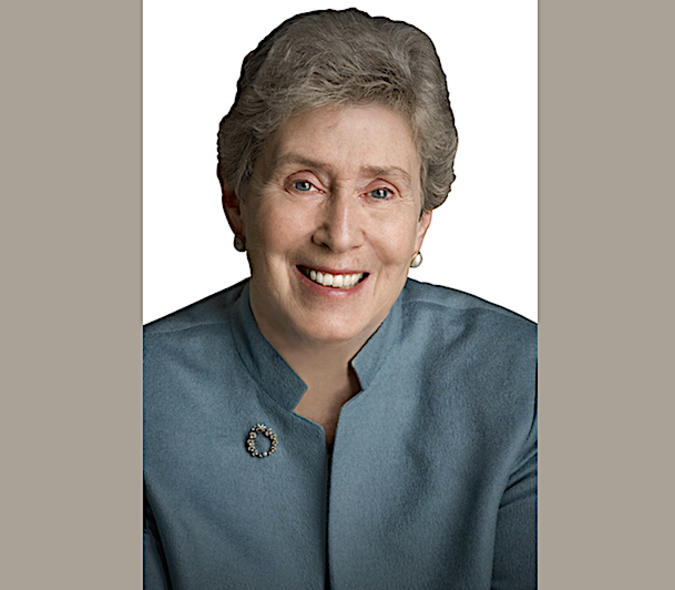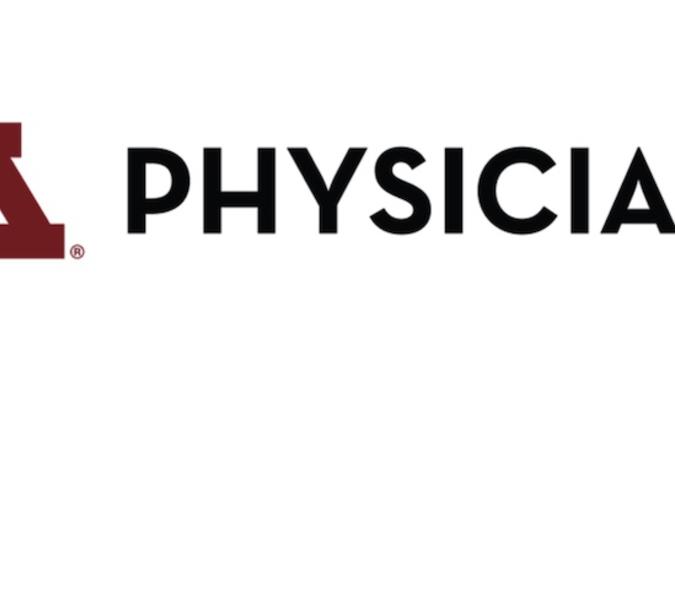
U of M Medical School studying COVID-19 vaccine immune response among immunocompromised patients
The clinical trial is sponsored by SeroNet, a national network dedicated to serological sciences
MINNEAPOLIS/ST. PAUL (06/21/2021) — Understanding the differences in COVID-19 vaccine immune response among immunocompromised patients is the focus of a new national study led, in part, by the University of Minnesota Medical School. Their arm of the study will compare immune responses in people with healthy immune systems alongside those with immunocompromised systems due to HIV, cancer therapies or a recent solid organ or hematopoietic stem cell transplant.
The study will be led by Amy Karger, MD, PhD, an associate professor of laboratory medicine and pathology at the U of M Medical School. She also leads some of the state’s COVID-19 testing and serology work out of the U of M Medical School’s Advanced Research and Diagnostic Laboratory.
“This study will help us understand which populations of immunocompromised patients may still be at risk for COVID-19 infection after vaccination due to a poor immune response to the vaccine,” Karger said. “That is important not only for counseling patients to maintain strict masking and social-distancing, but our data may also inform future approaches for improving sub-optimal immune responses, such as additional booster shots.”
Full story here.



